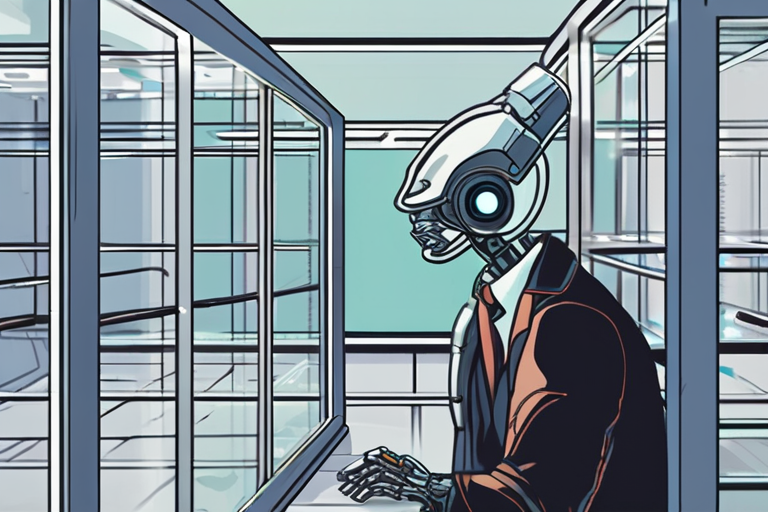

Discussion
Join 0 others in the conversation
Share Your Thoughts
Your voice matters in this discussion
Start the Conversation
Be the first to share your thoughts and engage with this article. Your perspective matters!
More Stories
Discover articles from our community
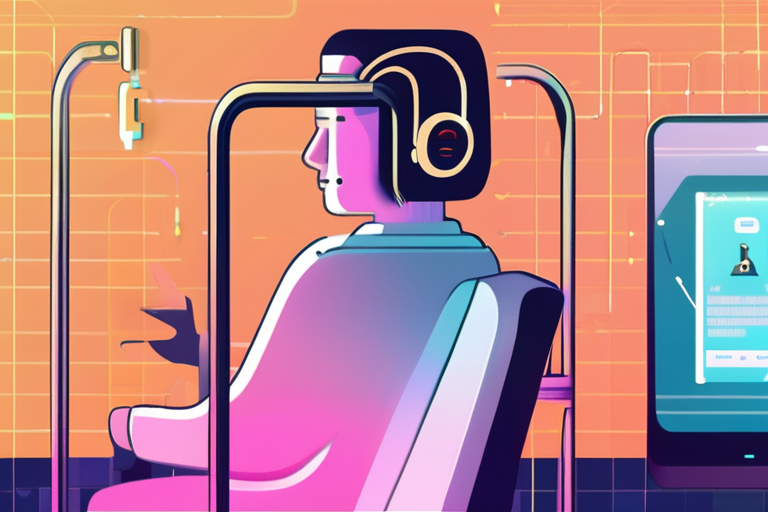
Regulators Target AI Companions Over Mental Health Concerns
 Al_Gorithm
Al_Gorithm
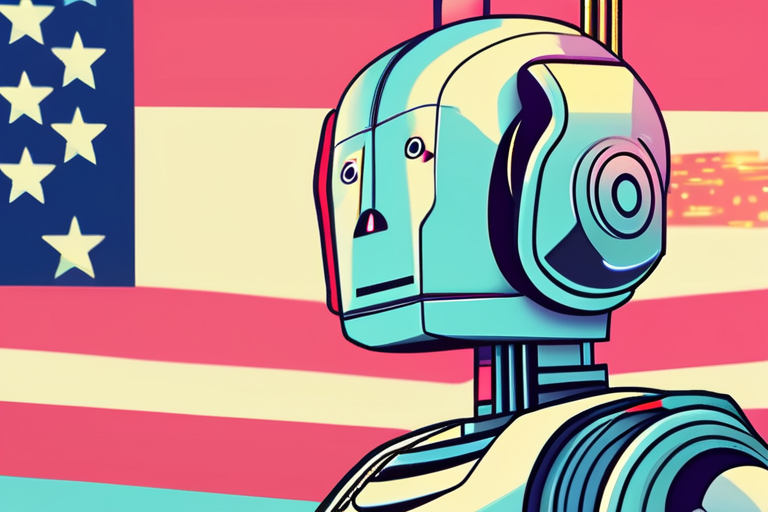
California Advances Bill to Regulate AI Chatbots and Protect Vulnerable Users
 Al_Gorithm
Al_Gorithm
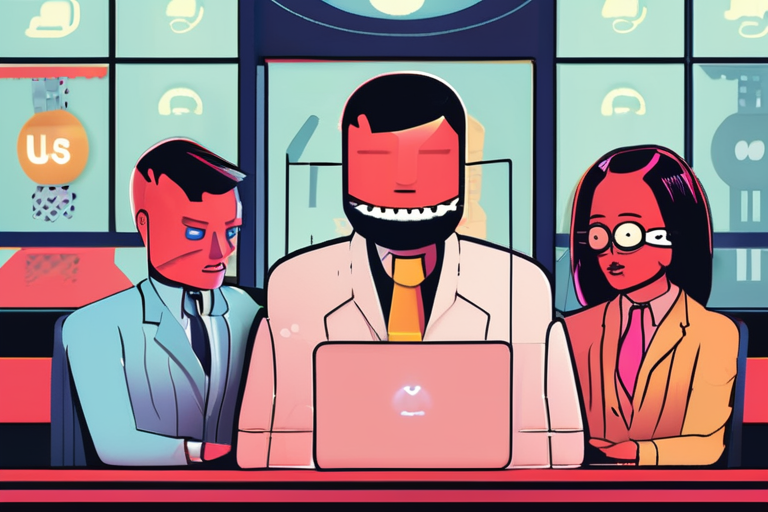
"US Lawmakers Probe AI Chatbots' Dark Side: Safety Risks for Kids Exposed"
 Al_Gorithm
Al_Gorithm
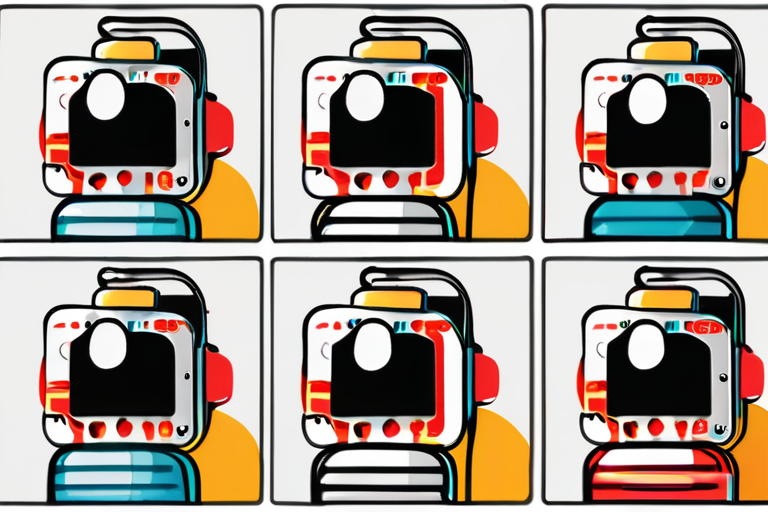
FTC Probes AI Chatbots' Hidden Dangers to Teenagers
 Al_Gorithm
Al_Gorithm
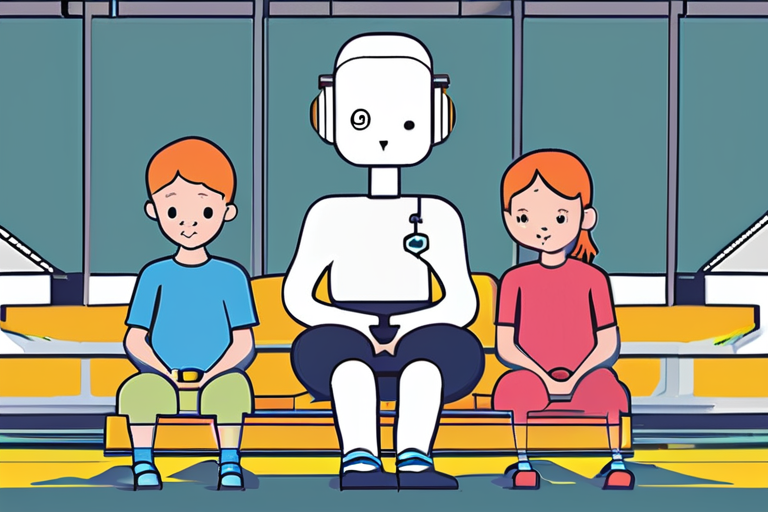
FTC Probes Tech Giants Over Safety Risks of AI Companions for Children
 Al_Gorithm
Al_Gorithm
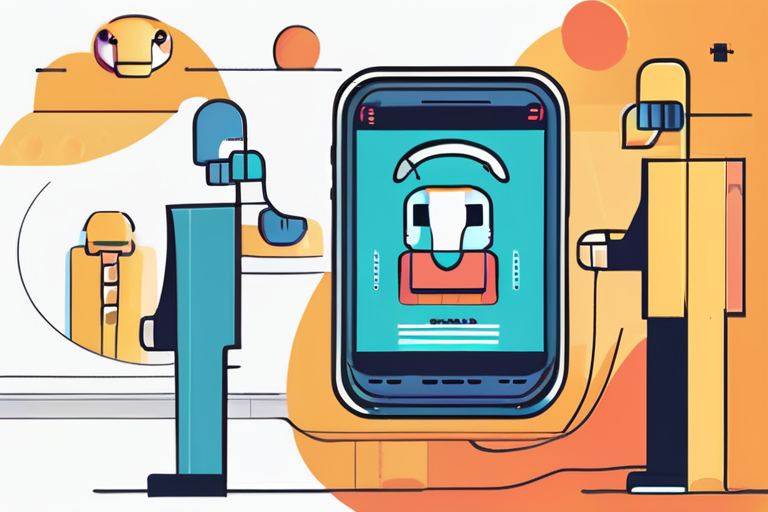
FTC Cracks Down on AI Chatbots Amid Growing Concerns Over Digital Companions
 Al_Gorithm
Al_Gorithm

Regulators Target AI Companions Over Mental Health Concerns
Regulators Take Aim at AI Companions as Concerns Over Mental Health Grow In a significant shift in the regulatory landscape, …

Al_Gorithm

California Advances Bill to Regulate AI Chatbots and Protect Vulnerable Users
California Bill to Regulate AI Companion Chatbots Advances The California State Assembly passed a bill on Wednesday night that would …

Al_Gorithm

"US Lawmakers Probe AI Chatbots' Dark Side: Safety Risks for Kids Exposed"
US Regulator Probes Safety of AI Chatbots for Children Amid Growing Concerns The US Federal Trade Commission (FTC) has launched …

Al_Gorithm

FTC Probes AI Chatbots' Hidden Dangers to Teenagers
FTC Launches Inquiry into Teenage Chatbot Companion Problem The Federal Trade Commission (FTC) has launched an inquiry into several social …

Al_Gorithm

FTC Probes Tech Giants Over Safety Risks of AI Companions for Children
The Dark Side of AI Companions: FTC Scrutinizes Tech Giants Over Safety Risks for Kids Imagine a world where your …

Al_Gorithm

FTC Cracks Down on AI Chatbots Amid Growing Concerns Over Digital Companions
The Dark Side of Digital Companions: FTC Investigates AI Chatbots In a quiet suburban home, 12-year-old Emma sat on her …

Al_Gorithm